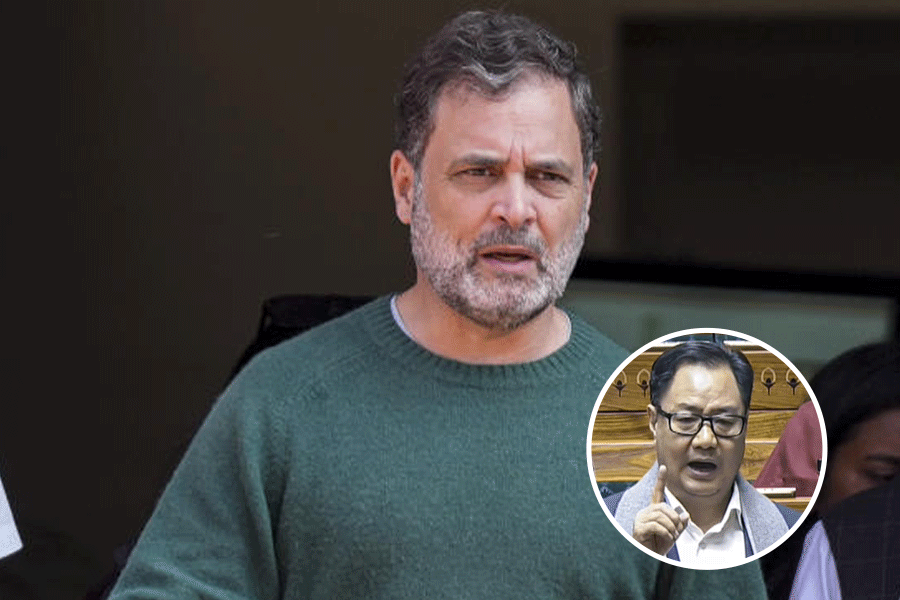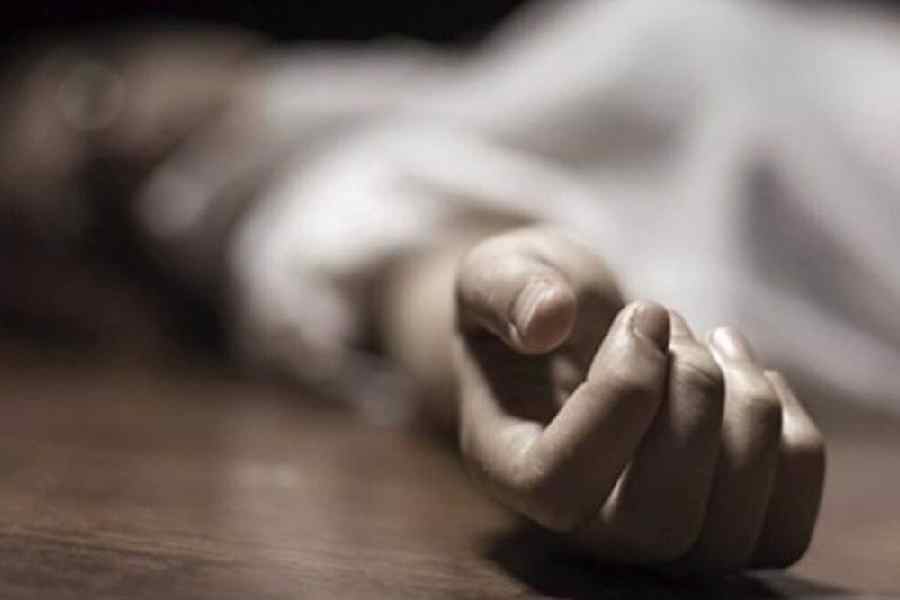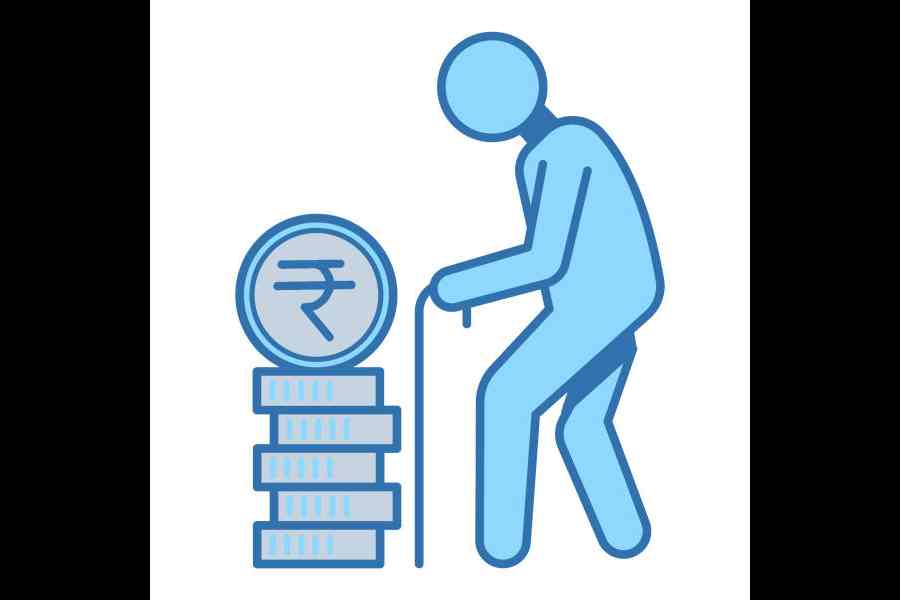Father Gaston Roberge, a French-Canadian Jesuit priest, had been asking himself since the 1980s why India did not have a new theory of popular films.
It was only in 2010 he got an answer after studying the 2000-year old Indian treatise of dance and drama — Natya Sastra. The result was a 100-page book, The Indian Film Theory: Flames of Sholay, Notes and Beyond, which offered a new perspective on the theories underlying Indian commercial cinema.
The book was released at St Xavier’s College Kolkata on June 15, 2010 by Goutam Ghose, a renowned Indian film director. It has been described as “easily readable” and “radical in its content”.
Ghose said: “Father Roberge introduced the study of film in the context of our social matrix, which is very important. He analysed the phenomena in the sociopolitical context of this complex and heterogeneous country, writing about our society while studying two films — Sholay and Beder Meye Jyotsna.
He had a kind of social observation on cinema. He would ask, ‘Why were people enjoying films? Which class of people? What about education?’
Father Roberge, a legend, a pioneer in the study of cinema and a close friend of Satyajit Ray, passed away in Calcutta on August 26 and was laid to rest at Dhyan Asharm, the Jesuit Novitiate at Konchowki, 20km from the city. He was a Master teacher of film theories and was known as the high priest of cinema.
Father Roberge was born in May 1935 in Montreal, Quebec. He joined the Society of Jesus in 1956 and was sent to India on his request in1961. He graduated and did his Masters at UCLA. He graduated from the University of Montreal and did his Masters at the University of California in film studies.
He then went to New York where he saw Satyajit Ray’s Pather Panchali and became a fan of Ray. He became a close friend of Ray, with whom he had many interactions and wrote about. They were mutual advisors to each other in the world of films. Ray was also one of the advisors of Chitrabani. Father Roberge developed great associations with Mrinal Sen and other filmmakers of India as well.
I had known Father Roberge for more than 30 years. He was an exemplary Jesuit and in the 70s and 80s, an idol to many young Jesuits like me. I had interviewed him a couple of times for an Italian magazine, Popoli, and other publications.
He was a large-hearted man with the spirit of the Magi in all that he did especially in spiritual and intellectual life. During his short break in Montreal, I paid a visit to him. He took me to the St Joseph’s Oratory of Mount Royal, a basilica and national shrine in Montreal. It is a national historic site of Canada and is Canada’s largest church, with one of the largest church domes in the world.
In one of my interviews he told me: “I was reborn in India on October 15, 1961. For the last 50 years I have been mostly living in Calcutta. I teach communication media and write. My main interest is the cultural roots of the Indian movies. And I love it.”
Father Roberge has authored more than 25 books on cinema, communications and spirituality. He won an Indian National Film Award for his best writing on cinema for the year 1998 from the then President K.R. Narayanan.
His first book, Chitrabani, published in 1975, like the institute he started, is a book on film appreciation. Satyajit Ray, through his kind relationship with him and through his films, helped him in his journey to the “cave of the heart”. That is how he completed the “Pedagogy of the Media Oppressed — In Tune with the Indian Folk Movies: Seven Steps of a Self-Education for Liberation.”
He was the founder-director of Chitrabani (1970), the first and the oldest media centre in eastern India at Prabhu Jisur Gurija campus, Calcutta. For some years, Chitrabani was an extension centre of SXCK and Father Roberge taught film appreciation at the college.
Thousands of film-makers, scholars and film critics have been his students. National award winning director K.G. Das has made a documentary on “Father Roberge — Master Preacher of Film Theory”.
He was the founder-director of the EMMRC of St Xavier’s College, Kolkata. He was solely responsible for the UGC granting the necessary affiliation and permission of EMMRC to SXCK. St Xavier’s is the only college which has an EMMRC under its management among the 19 EMMR centres in India. He was the executive secretary for social communication (1997 to 1999) at the Jesuit Curia in Rome.
Ray’s Pather Panchali shook him and Indian cinema became his passion, his love and his commitment. Through Chitrabani Father Roberge pioneered film academia in India as well as cultivated and nurtured several generations of cineastes and filmmakers. That is why the Bimal Roy Memorial & Film Society, Mumbai, gave him the Lifetime Achievement Award in 2012.
After his retirement he remained at the St Xavier’s infirmary till his eternal rest. He was 85. He had almost totally lost his hearing and had to be on hearing aid. This Jesuit priest and film guru has made a “significant contribution” to the film industry. He will continue to be a major player in the field of Indian cinema.
Fr. J. Felix Raj is the vice-chancellor of St Xavier’s University, Calcutta










